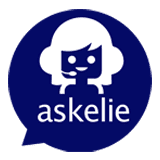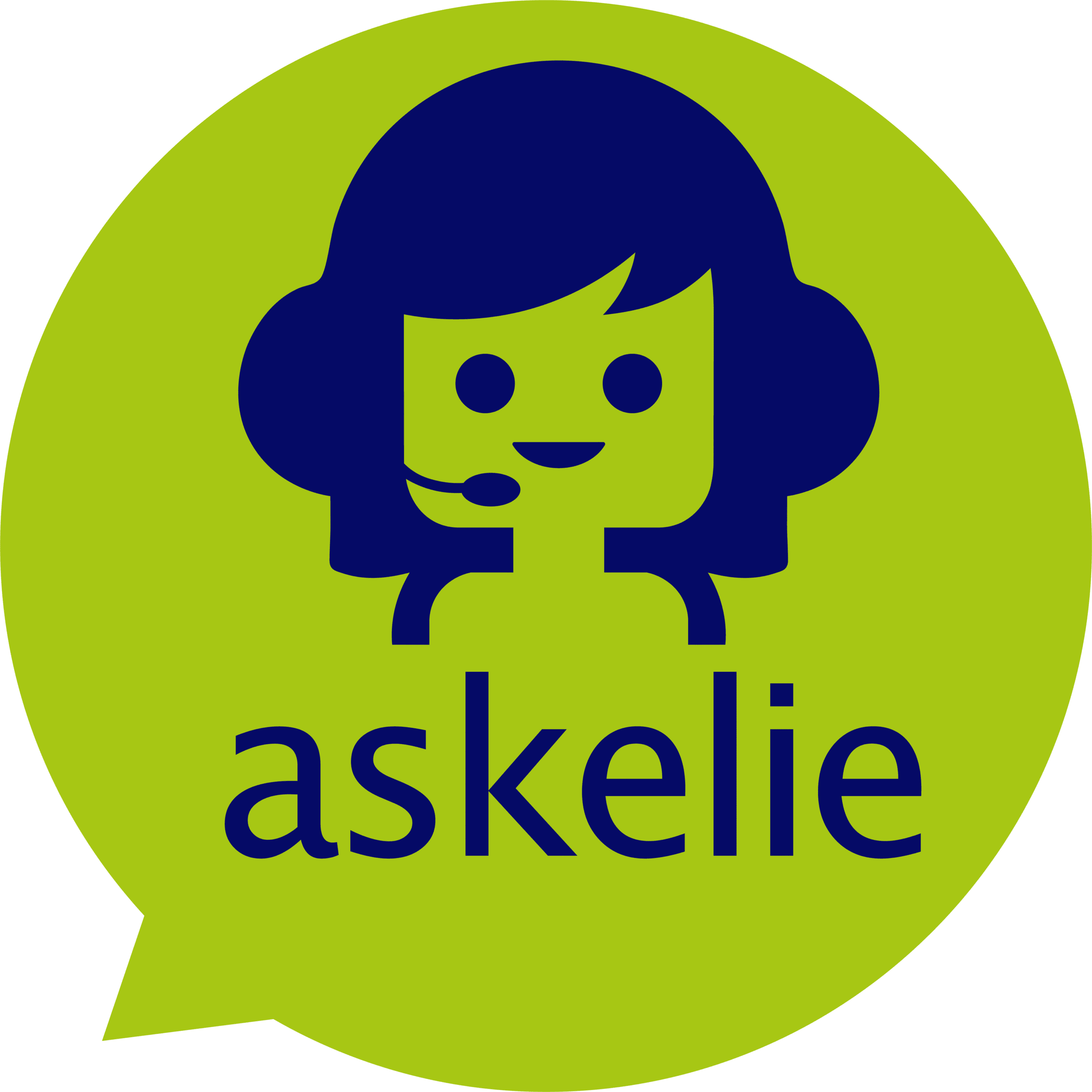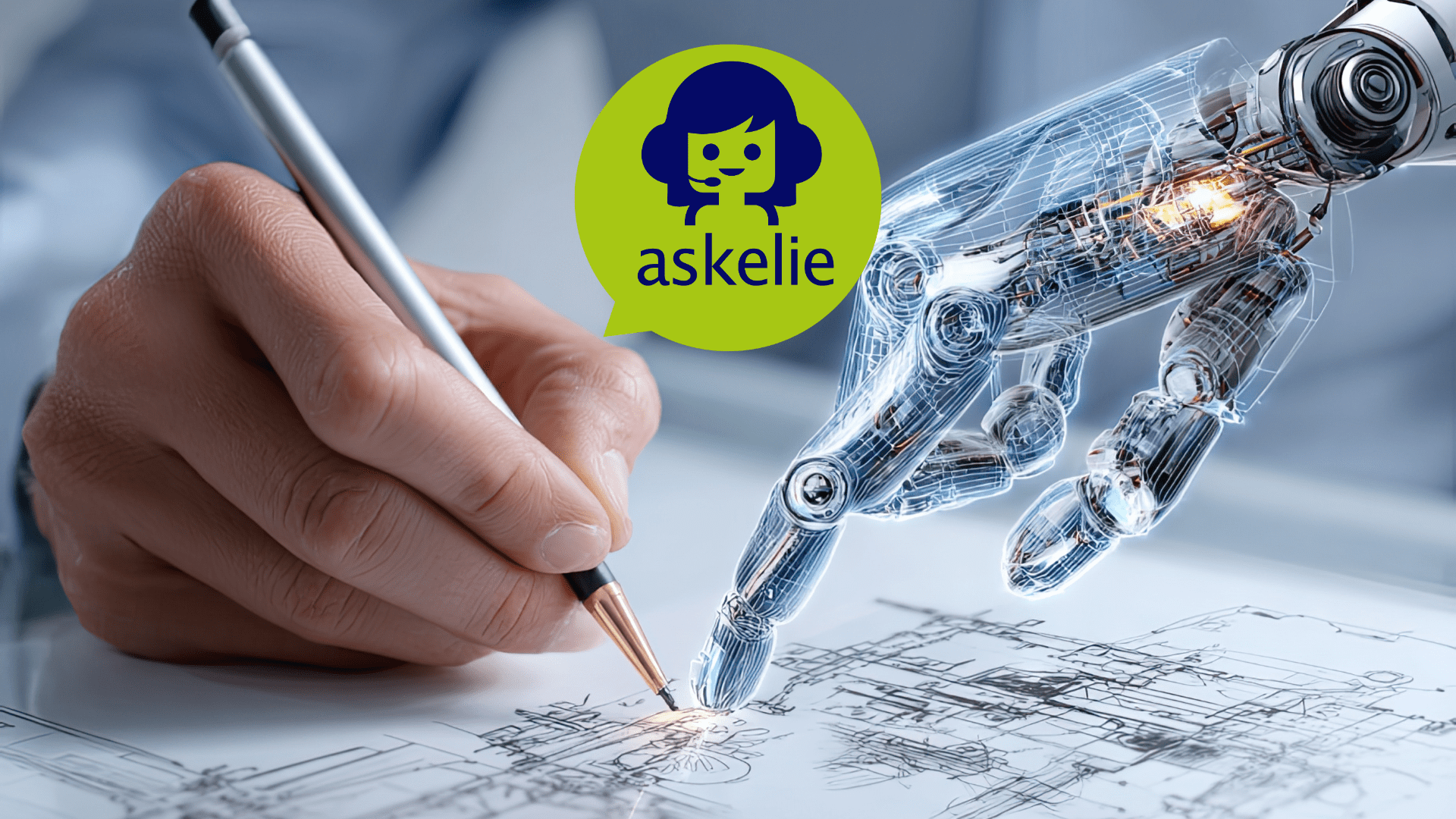AI in education is accelerating across the UK. The government has introduced new safeguards for schools and universities to reduce the risks of bias, data misuse, and plagiarism. The promise of personalised learning is powerful, but so are the challenges. Without strong governance, transparency, and human oversight, the benefits of AI could easily be lost.
This is why AI in education UK has become one of the country’s most important topics. Schools, colleges, and universities are under pressure to innovate responsibly. AskElie and its intelligent automation platform, askelie®, show how AI can be used safely, ethically, and effectively in everyday education.
Putting transparency at the heart of AI in education UK
The foundation of responsible AI is transparency. Teachers and students must know when and how AI is being used. askelie® makes this simple by recording every AI-assisted action, from feedback generation to content summarisation, with a full audit trail.
Teachers can review what the AI suggested, what they approved or changed, and why. Students can see which feedback elements were AI-generated and which came directly from their teachers. This openness builds trust and confidence between technology, educators, and learners, turning AI into a reliable assistant rather than an invisible process.
Keeping humans firmly in control
AskElie’s approach to AI is based on human oversight. In askelie®, every AI-driven suggestion is reviewed by a teacher or authorised member of staff before it reaches a student. Whether used for marking, feedback, or summarising materials, the final decision always stays with the educator.
This ensures accuracy and fairness and aligns with Department for Education guidance that AI must support, not replace, professional judgement. Human-in-the-loop design keeps accountability with the people responsible for learning outcomes.
Safeguarding data privacy and security
Data protection remains one of the most important responsibilities in education technology. AI tools rely on data, but in schools and universities that data includes personal information about students, parents, and staff. Under UK GDPR, institutions are legally responsible for how this data is stored and processed.
askelie® operates in a private, fenced environment. No data is sent to public AI models or external servers. All content is encrypted in storage and transit, and administrators can decide exactly where data is hosted. This private AI approach allows institutions to innovate without risking compliance breaches or losing control of information.
Tackling bias and promoting fairness
AI bias can easily undermine trust in education. Research from the Alan Turing Institute found that AI systems trained on incomplete datasets can unintentionally disadvantage certain groups of learners. askelie® reduces this risk through human validation, configurable parameters, and ongoing monitoring.
When AI supports marking or resource creation, it works within boundaries set by staff. The system can flag results that may show bias, giving educators a chance to review them before publication. This protects fairness and ensures AI supports equality rather than reinforcing gaps.
Ensuring compliance, auditability, and governance
Regulators now expect education providers to prove that their AI systems meet accountability and compliance standards. askelie® helps achieve this through its built-in audit and compliance modules.
Every AI event, from student consent to review logs, is automatically recorded. Reports can be generated for governors, inspectors, or auditors within minutes. This makes it simple to demonstrate alignment with Ofsted, DfE, and ICO requirements while showing a commitment to ethical innovation.
Example in practice
A large college group in northern England introduced askelie® to help teachers deliver faster essay feedback. The AI generated initial comments that highlighted key strengths and areas for improvement. Teachers then reviewed, edited, and approved each suggestion before sending it to students.
The result was impressive. Marking time fell by around 40 percent, and teacher satisfaction improved. Students valued the clearer, more consistent feedback, but what built real confidence was knowing that their teachers remained in full control. Transparency and oversight turned hesitation into trust.
Supporting accessibility and inclusion
AI can also help create more accessible learning environments. askelie® offers tools designed for students with dyslexia, visual impairments, or those learning English as an additional language. Its summarisation and reading aids adapt complex materials into simpler versions without changing the meaning.
Because staff review all AI-generated content before release, accessibility becomes a structured part of learning support rather than an automated shortcut. This shows how human-supervised AI can promote equality and inclusion responsibly.
Building confidence through ethical AI
The most important change for AI in education UK is cultural. Teachers, parents, and students need to trust that AI is being used responsibly. AskElie promotes this cultural shift through transparency, accountability, and data sovereignty.
askelie® gives each institution control over where and how AI is used. Administrators can enable or restrict AI features, such as automated feedback or content analysis, in line with their own policies. This flexibility allows schools and universities to adopt AI at a pace that suits them, supported by clear governance.
Why the future of AI in education UK depends on responsible innovation
The UK is leading the global discussion on ethical AI. Institutions that act now to build transparent, accountable AI systems will set the standards others follow. AskElie and askelie® are helping make that future possible.
By combining strong governance, explainable systems, and human oversight, they turn AI from a compliance concern into a practical advantage. The future of AI in education UK will not be defined by technology alone but by how responsibly it is used to empower teaching and learning.


